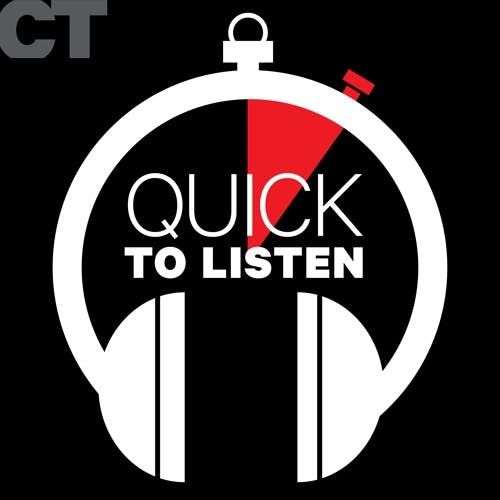
Should Christians Trust Saudi Arabia’s Crown Prince’s Promises of Reform?
 2018-10-11
2018-10-11
Download
Right click and do "save link as"
Last week, Washington Post columnist Jamal Khashoggi entered the Saudi Consulate in Istanbul, Turkey. He was never seen again. Now, Turkish officials believe Khashoggi, a longtime critic of the country, was murdered by Saudi officials. That same week, US officials visited the Saudi Arabian capital city of Riyadh and reported that the country seemed to be loosening some of its harsh religious laws, including reforming its religious police—once tasked with enforcing shari’ah law on the streets and in homes—and has instituted new government programs to quash extremism. Last fall, the 33-year-old Crown Prince Mohammed bin Salman announced plans last October to modernize Saudi Arabia and return the restrictive Muslim country to “what we were before: a country of moderate Islam that is open to all religions and to the world.” And while the Crown Prince, whose often known by his nickname MSB, has made real strides in advancing freedom, including letting women drive, incidents like Khashoggi’s reported death, suggest that things may be more complicated than they seem. “Critics will say that MBS’ reforms are lip service, eye candy, it’s trying to fool the West into thinking that Saudi Arabia is changing when in reality it’s still the same old, repressive, authoritarian regime it’s always been,”said Robert Nicholson, the founder and executive director of the Philos Project, a leadership community dedicated to promoting positive Christian engagement in the Middle East. “I actually think both are true. Anytime a woman can drive in a country and she couldn’t drive the day before is good news. I’m not going to be picky about how many other things are left undone,” said Nicholson. “...I also think it’s true that Saudi Arabia is nowhere near being a beacon of human rights and has a long, long way to go.” Nicholson joined associate digital media producer Morgan Lee and editor in chief Mark Galli to discuss how Saudi Arabia’s relationship with Iran matters, why the few Christians in the country are likely to be migrant workers, and how Christianity first arrived in that part of the world.
view more
More Episodes
So, What's an Evangelical?
 2019-09-18
2019-09-18
 2019-09-18
2019-09-18
What 1619 Means for Christian History
 2019-09-05
2019-09-05
 2019-09-05
2019-09-05
A Christian Satirist Talks The Babylon Bee
 2019-08-21
2019-08-21
 2019-08-21
2019-08-21
The Limits of Pentecostal Women Leaders
 2019-08-14
2019-08-14
 2019-08-14
2019-08-14
Responding to Josh Harris's Announcement
 2019-07-31
2019-07-31
 2019-07-31
2019-07-31
Are Our Ordination Controversies Unique?
 2019-07-10
2019-07-10
 2019-07-10
2019-07-10
Beth Moore Is Speaking Up
 2019-06-12
2019-06-12
 2019-06-12
2019-06-12
India Is Not Protecting Its Christians
 2019-05-22
2019-05-22
 2019-05-22
2019-05-22
Jean Vanier’s Faith Convicts All of Us
 2019-05-15
2019-05-15
 2019-05-15
2019-05-15
012345678910111213141516171819
Create your
podcast in
minutes
- Full-featured podcast site
- Unlimited storage and bandwidth
- Comprehensive podcast stats
- Distribute to Apple Podcasts, Spotify, and more
- Make money with your podcast
It is Free
- Privacy Policy
- Cookie Policy
- Terms of Use
- Consent Preferences
- Copyright © 2015-2024 Podbean.com



